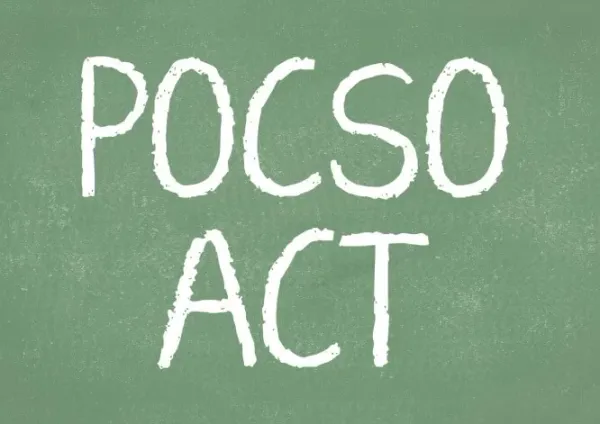Table of contents
Recent Developments
As of June 2024, the first Fast Track Court (POCSO court) has issued an arrest warrant against former Chief Minister B.S. Yediyurappa under the POCSO Act.
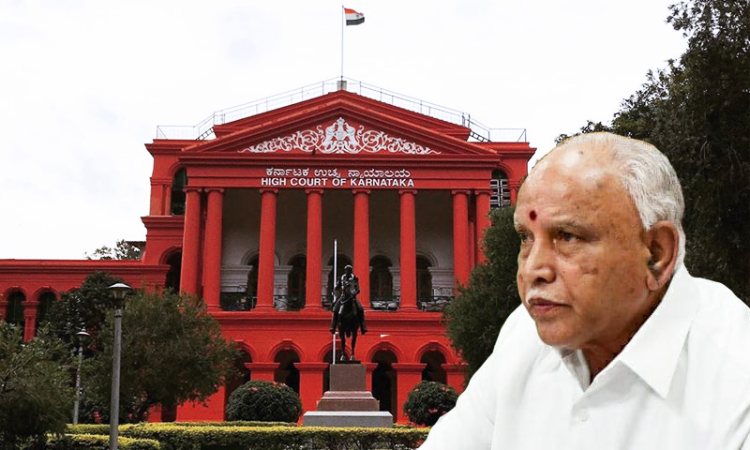
This case highlights the Act's application and the legal processes involved in handling such sensitive matters.
What is POCSO?
The Protection of Children from Sexual Offences (POCSO) Act, 2012, is a comprehensive law enacted by the Government of India to protect children from offences of sexual assault, sexual harassment, and pornography. It also provides for the establishment of Special Courts for the trial of such offences and matters connected therewith or incidental thereto.
Definition of Child
- The Act defines a child as any person below 18 years of age.
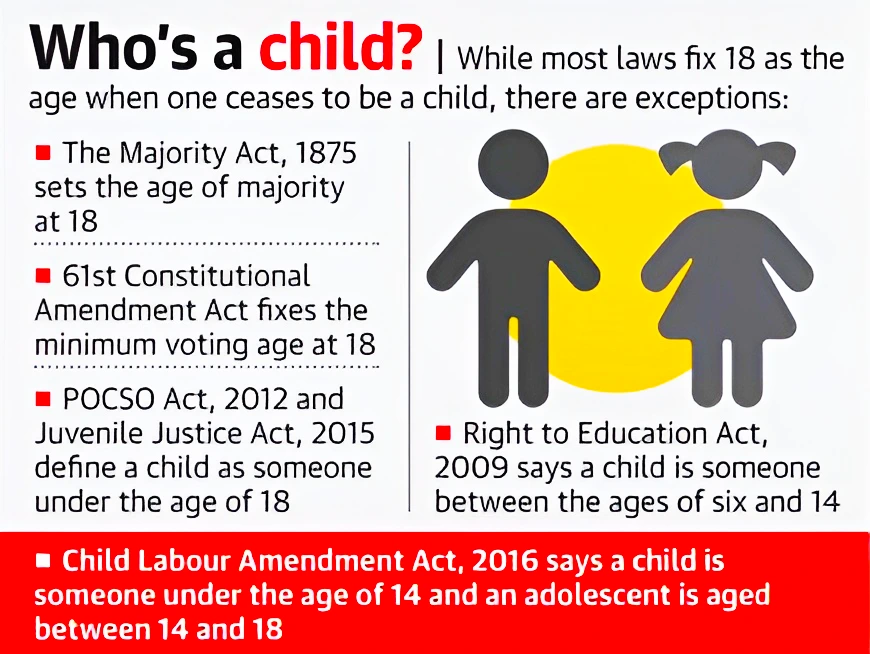
Offences Covered
- Penetrative Sexual Assault: Includes penetration by penis, any object, or any part of the body into the vagina, mouth, urethra, or anus of a child.
- Aggravated Penetrative Sexual Assault: Includes assault by a person in a position of trust or authority, such as a family member, police officer, teacher, or doctor.
- Sexual Assault: Involves touching the private parts of a child or making the child touch the private parts of the perpetrator.
- Aggravated Sexual Assault: Similar to aggravated penetrative sexual assault but without penetration.
- Sexual Harassment: Includes showing pornography to a child or making sexually coloured remarks.
- Using a Child for Pornographic Purposes: Involves using a child in any form of media for sexual gratification.
Special Courts
- The Act mandates the establishment of Special Courts to ensure speedy trial of cases under the Act.
Mandatory Reporting
- Any person (including parents, teachers, and doctors) who has knowledge that a child has been sexually abused must report the offence; failure to do so is punishable.
Child-Friendly Procedures
The Act provides for child-friendly procedures during the judicial process, including:
- Recording of the child's statement at the child's residence or a place of their choice.
- No child is to be detained in a police station at night.
- Assistance of a translator or interpreter if the child is unable to understand the language used.
- Special care to avoid exposure of the child to the accused during the trial.
Punishments
- Penetrative Sexual Assault: Imprisonment of not less than seven years, which may extend to life imprisonment and a fine.
- Aggravated Penetrative Sexual Assault: Imprisonment of not less than ten years, which may extend to life imprisonment and a fine.
- Sexual Assault: Imprisonment of not less than three years, which may extend to five years, and a fine.
- Aggravated Sexual Assault: Imprisonment of not less than five years, which may extend to seven years, and a fine.
- Sexual Harassment: Imprisonment of up to three years and a fine.
- Using a Child for Pornographic Purposes: Imprisonment of up to five years and a fine, with higher penalties for subsequent offences.

Challenges in Implementation
- Underreporting: Many cases of child sexual abuse go unreported due to social stigma, fear of retaliation, and lack of awareness about the legal provisions. This hampers the effectiveness of the Act.
- Delays in Justice Delivery: Despite the mandate for Special Courts, delays in the judicial process are common due to the backlog of cases, inadequate infrastructure, and shortage of trained personnel.
- The actual establishment and functioning of these courts vary across states, leading to delays in justice delivery.
- Lack of Awareness: There is a lack of awareness among the general public, children, and even law enforcement agencies about the provisions of the POCSO Act and the importance of reporting child sexual abuse.
- Role of NGOs and Civil Society is crucial in creating awareness, providing support to victims, and monitoring the implementation of the Act.
- Regular training and Sensitization of Law enforcement agencies, judiciary, and medical professionals to handle POCSO cases effectively.
- Inconsistent Implementation: The implementation of the Act varies across states, leading to inconsistencies in the protection and support provided to child victims.
- Psychological Impact on Victims: The psychological impact of sexual abuse on child victims is profound, and there is a need for comprehensive support systems, including counselling and rehabilitation services.
- Data Collection and Monitoring: Accurate data collection and monitoring of POCSO cases are vital for assessing the effectiveness of the Act.
- The National Crime Records Bureau (NCRB) publishes data on crimes against children, including those under the POCSO Act.
- However, there is a need for more granular data to understand the trends and challenges better.
Government Initiatives and Measures

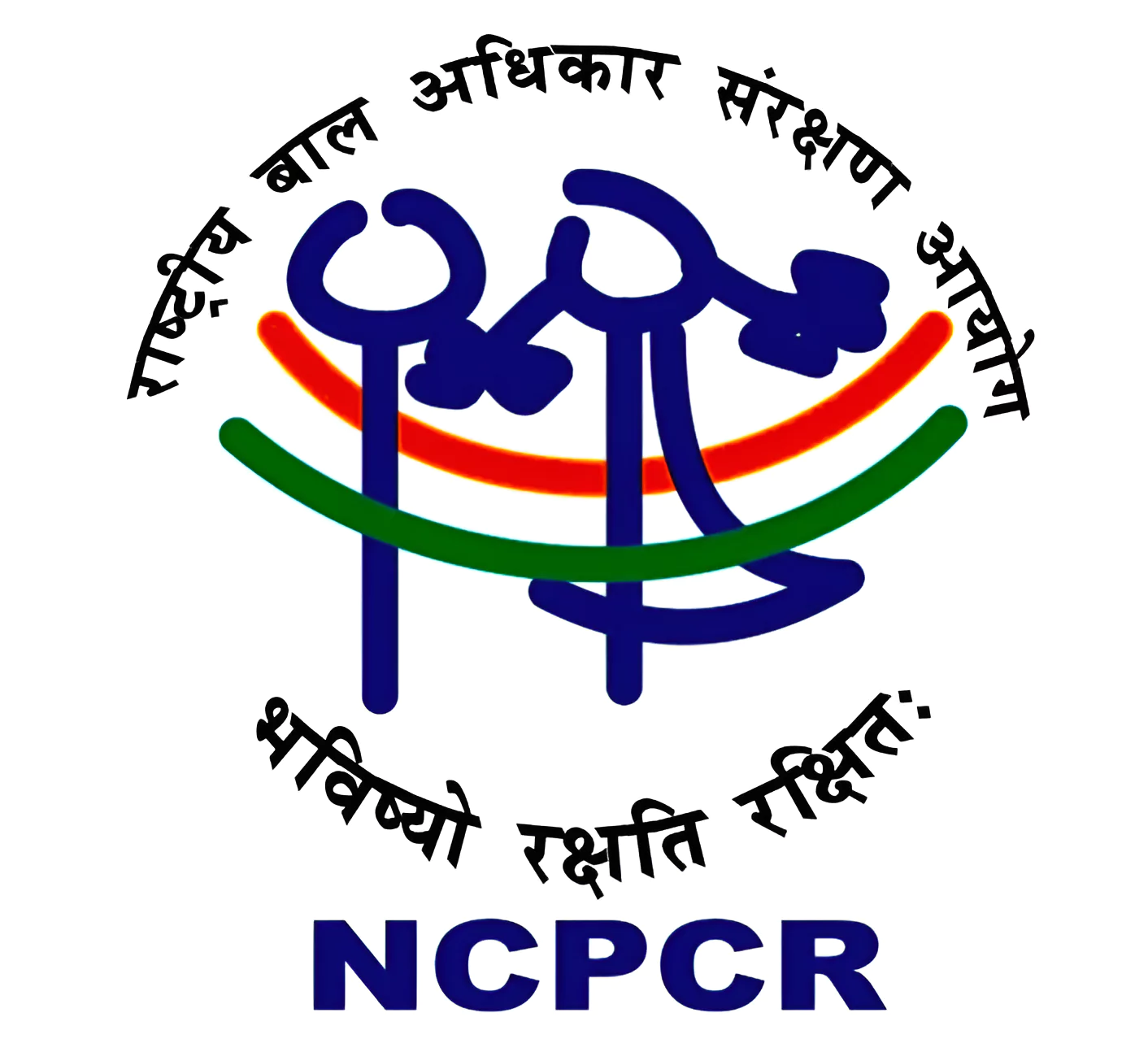
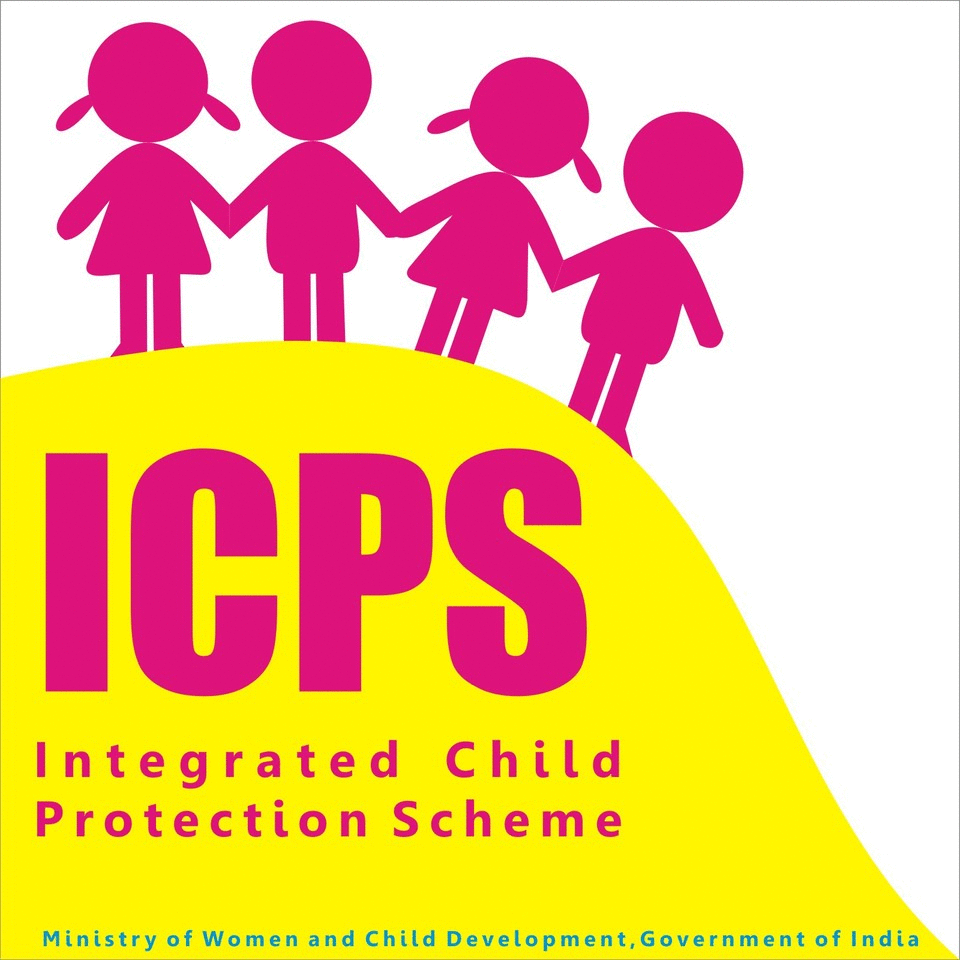
- Childline 1098:
- Childline 1098 is a 24-hour emergency phone service for children in distress.
- It provides assistance and connects children to appropriate services, including those related to sexual abuse.
- National Commission for Protection of Child Rights (NCPCR):
- The NCPCR monitors the implementation of the POCSO Act and other child protection laws.
- It also conducts awareness programs and provides guidelines for handling child sexual abuse cases.
- Integrated Child Protection Scheme (ICPS): The ICPS aims to create a protective environment for children through various interventions, including the establishment of Child Welfare Committees (CWCs) and Juvenile Justice Boards (JJBs).
- Awareness Campaigns: The government, in collaboration with NGOs and civil society, conducts awareness campaigns to educate the public about child sexual abuse and the provisions of the POCSO Act.
- Training Programs: Regular training programs are conducted for law enforcement agencies, judiciary, medical professionals, and other stakeholders to ensure effective implementation of the Act.
The Protection of Children from Sexual Offences (POCSO) Act, 2012, is a crucial legal instrument for safeguarding children from sexual abuse and exploitation. However, its effective implementation requires a multi-faceted approach involving the government, law enforcement agencies, judiciary, NGOs, civil society, and the general public. Addressing the challenges in implementation, creating awareness, and providing comprehensive support to victims are essential for ensuring child safety in India.
Previous Post